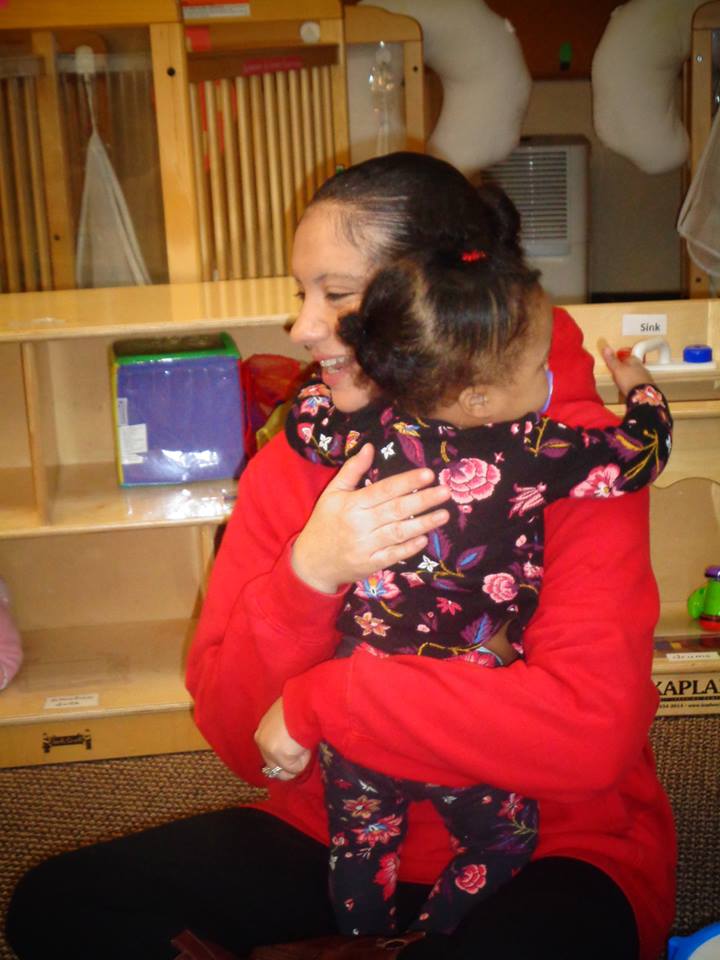When Children Lie

"Should parents be troubled when their kids start to deceive them?" This is the question asked by the New York Times opinion article "Is Your Child Lying to You? That's Good" https://www.nytimes.com/2018/01/05/opinion/sunday/children-lying-intelligence.html
In the article, Alex Stone argues that no matter the discomfort caused by a child's lie, we should acknowledge the fact that lying is a sign of intellegence. The research is detailed in the article, yet illustrates higher IQ scores by as much as 10 points for children who lie. Part of the differentiation in severity is the age at which children lie. Younger children who develop this 'skill' are more likely to have higher IQ scores and higher levels of overall intelligence. Older children may be trying to avoid punishment. Age of the child is a significant difference on severity, intensity and potential or real consequences for lying.
However, there may be times when a child's lie is just too problematic. Zero to Three has suggestions about how parents should respond in this instance: https://www.zerotothree.org/resources/1703-when-young-children-lie
- Make-believe and wishful thinking - Lies that are based in 'wishful thinking' ("Dadd said I could have cake for dinner") can be responded with an acknowledgement of the wishful thinking ("I know you wish that were true, because you love cake so much, but we don't eat cake for dinner.")
- Building self-control - Younger children are still developing self-control and may not yet fully understand that telling a lie is wrong. Rather than ask the child whether or not they "did it", avoid focusing on punishment by focusing on your observations. Even propose a solution to create an opportunity for re-connection. The example of coloring lipstick on the mirror could lead to punishment or could lead to an explanation as to why we don't color on the mirror and an observation that your child likes to draw/color - then you can grab paper and crayons and get to work on the next masterpiece!
- The truth is... - View lying as a gap in skills and knowledge about how to cope with uncertainty and be assertive in asking for what one wants.